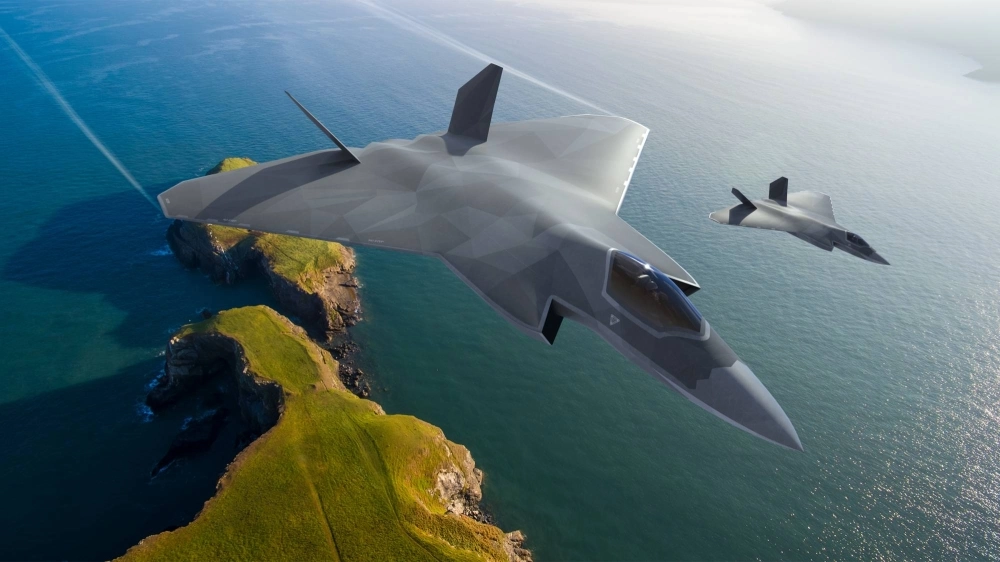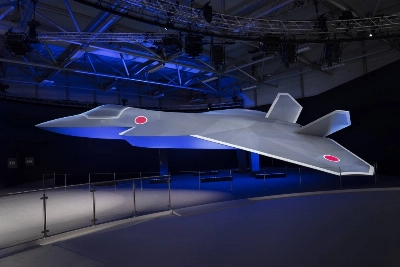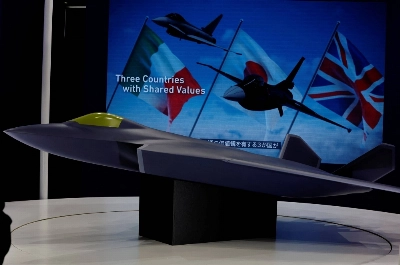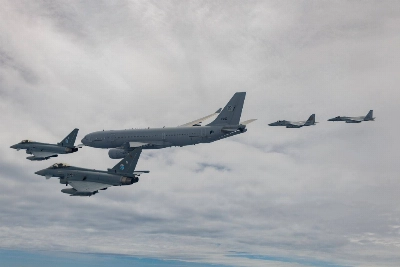Japan, Italy and the United Kingdom have reiterated a "strong commitment" to their joint fighter jet development program, in a bid to allay concerns that the multibillion-dollar endeavor could be impacted by a U.K. strategic defense review expected next year.
“We have confirmed there are no concerns about the next-generation fighter jet project and that we will work toward the first jet's deployment in 2035,” Japanese Defense Minister Minoru Kihara said Tuesday following meetings in London with his British and Italian counterparts.
But while experts agree there are currently no indications that the U.K. might drop out of the Global Combat Air Program (GCAP), as reported by British media, the multilateral project still faces a number of challenges, including financial constraints, workload distribution and a very ambitious timeline.





















With your current subscription plan you can comment on stories. However, before writing your first comment, please create a display name in the Profile section of your subscriber account page.